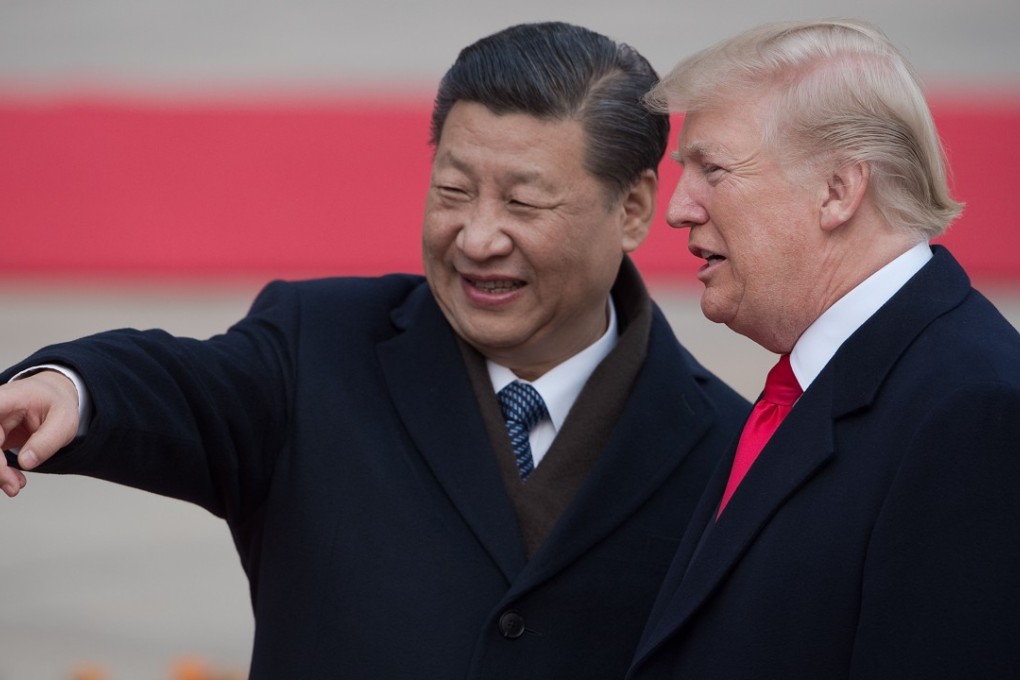Advertisement
US-China friction, especially over Taiwan, could burn Hong Kong too
Eugene Kin-Keung Chan says Hong Kong should keep its eye on not only how the US-China tensions develop, but also how sternly Beijing responds to Washington’s moves to cosy up to Taiwan
Reading Time:3 minutes
Why you can trust SCMP

The new leadership of the United States and China has dramatically shaken up global geopolitics. Donald Trump’s unpredictability and fluctuating foreign policy has left many perplexed, if not on edge. Late last year, while on his state visit to China, he said Beijing has taken “advantage of another country for the benefit of its citizens”, and has become increasingly hostile towards China this year.
In China, having further consolidated his power through the “two sessions”, the annual meetings of the national legislature and the top political advisory body, President Xi Jinping continues to embark on the revival of the Chinese people. The country envisions unification with Taiwan, considered an integral part of Xi’s great revival dream.
China always reminds others of her resolve to defend her territorial integrity and sovereignty over Taiwan, a sacred part of the country – as is Hong Kong.
How an increasingly assertive China is pushing Taiwan closer to the US
Trump’s America, however, appears to stand in the way of China’s grand scheme, leading some to predict that the US and China will fall into the Thucydides Trap – when an established power’s fear of a rising power leads to war. Hong Kong must stay alert to ensure that it is not a collateral casualty in the crossfire, as the US and mainland China are two of its major trading partners, and Hong Kong should be cautious of being used as a pawn in the power rivalry.
Advertisement
By value, more than 60 per cent of Hong Kong’s re-exports originate from China, and, according to the census data, some 9 per cent of China’s exports to the US and about 7 per cent of its imports from America were shipped through Hong Kong’s port in 2016. Furthermore, Hong Kong’s currency is pegged to the US dollar. Any conflict between mainland China and the US leading to volatility in the US dollar will wreak havoc on our financial system.
Recently, the Trump administration imposed tariffs on US$60 billion worth of Chinese imports, followed by the sending of a missile-guided destroyer within 12 nautical miles of an island over which China has claimed sovereignty. However, Beijing will no doubt consider America’s signing into law the Taiwan Travel Act, which encourages visits by US senior officials to Taiwan, the most provocative step. China will not tolerate any attempt by a foreign power to separate Taiwan from China, especially under Xi’s leadership.
Advertisement
Advertisement
Select Voice
Select Speed
1.00x